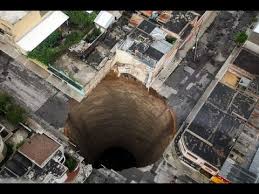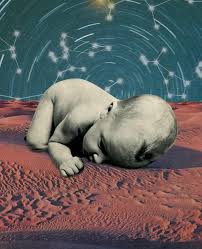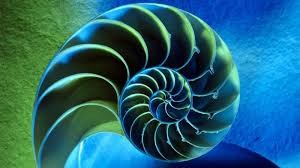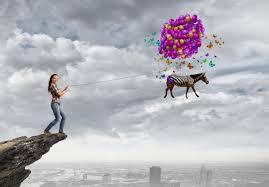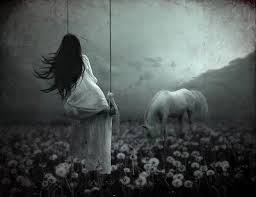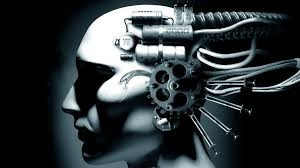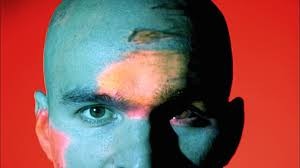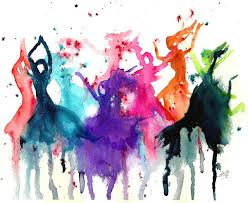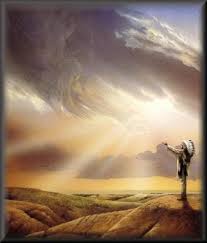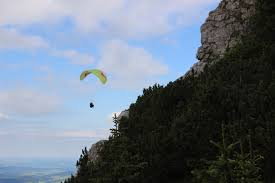Our physical senses, act almost like a biological alphabet, allowing us to organize and perceive certain kinds of information from which we form the events of our world and the contours of our reality.

Our conscious knowledge rests upon an invisible, unspoken, psychological and physical language that provides the inner support for the communications and recognized happenings of conscious life. These inner languages are built up as cords, and cords are psychic organizational units from which, then, all alphabets are born. Alphabets imply cords, but cannot contain then , any more than English can contain Russian, French, Chinese, Tagalog, or any combination. If we try to speak English we cannot speak Chinese at the same time. One precludes the other, even while one implies the existence of the other, for to the degree all languages have some common roots.

In a way events are like the spoken components of language, yet voiced in a living form — and not for example only sounded. These are based upon the sensual alphabet, which itself emerges from non-sensual cords. A sentence is built up as words, parts of speech, verbs, and adjectives, subjects and predicates, vowels and syllables, and underneath there is the entire structure that allows us to speak or read to begin with. To some extent, events are built up in the same fashion. We form and organize sentences, yet we speak on faith, with out actually knowing the methods involved in our speaking. So we only recognize the surface of that activity.

In the same way we form events, often without being aware that we do so. It seems that events happen as it seems words are spoken. We were taught how to construct sentences in school, and we learned how to speak from our elders. We were involved with event-making before the time of our birth. The psyche forms events in the same way that the ocean forms waves — except that the ocean’s waves are confined to its surface or to its basin, while the psyche’s events are instantly translated, and splash out into mass psychological reality. In waking life we meet the complete event, so to speak. We encounter events in the arena of waking consciousness. In the dream state, and at other levels of consciousness, we deal more directly with the formation of events. We are usually as unaware of this process as we are in normal practice of the ways in which we form our sentences, which seem to flow from us so automatically.
The psyche, as it is turned toward physical reality, is a creator of events, and through them it experiences its own reality as through our own speech we hear our voice.

In dreams, then, we are involved in the inner process by which physical events are formed. We deal with the psychological components of actions which we will, awake, form into the consecutive corporal “language” that results in the action of our days.
The events that we recognize as official have a unitary nature in time that precludes those probable versions of them, from which they arose — versions that appeared to one extent or another in the dream state. Again, if we speak the English sentence “I am here,” you cannot speak the Chinese version at the same time. In that regard, in our framework of action we choose to “speak” one event rather than another. Our formulation of events, however, does not simply reside in our unique psychological properties, of course, but is possible because of the corporal alphabet of the flesh.

Now as it is possible for any one human being to speak more than one language, it is also possible for us to put physical data together in other ways than those usually used. The body is capable then of putting together different languages of reality. In usual terms, for example, our body can only be in one place at one time, and our experience of events is determined in large measure by our body’s position. Yet there are biological mechanisms that allow us to send versions or patterns of our body outside of its prime position, and to perceive from those locations. In sleep and dream states we do this often, correlating the newly perceived data with usual sense information, and organizing it all without a qualm. For that matter, the preciseness of our flexibility, which gives us a broad base from which to form our secure focus.
Events emerge like spoken words, then, into our awareness. We speak, yet who speaks, and in our briefest phrase, what happen? The atoms and molecule within our vocal cords, and lungs and lips, do not understand one word of the language they allow us to speak so liquidly. Without their cooperation and awareness, however, not a word would be spoken.

Yet each of those nameless atoms and molecules cooperates in a vast venture, incomprehensible to us, that makes our speech possible, and our reality of events is built up from a “cord” of activity in which each spoken word has a history that stretches further back into the annals of time than the most ancient of fossils could remember. I am speaking in our terms of experience, for in each word spoken in our present, we evoke that past time, or we stimulate it into existence so that its reality and ours are coexistent.
In dreams even the past is in present tense. Events are everywhere forming. We make and remake the past as well as the future. We choose from those experiences certain ones as events in normal waking reality.

While we can only speak one sentence at a time, and in but one language, and while that sentence must be sounded one vowel or syllable at a time, still it is the result of a kind of circular knowledge or experience in which the sentence’s beginning and end is known simultaneously. If the end of it were not known, the beginning could not be started so expertly.
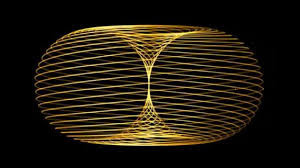
In the same way the experienced event occurring in time is dependent upon a circular happening, in which beginning and end are entwined, not one occurring before the other, but coexistent.
